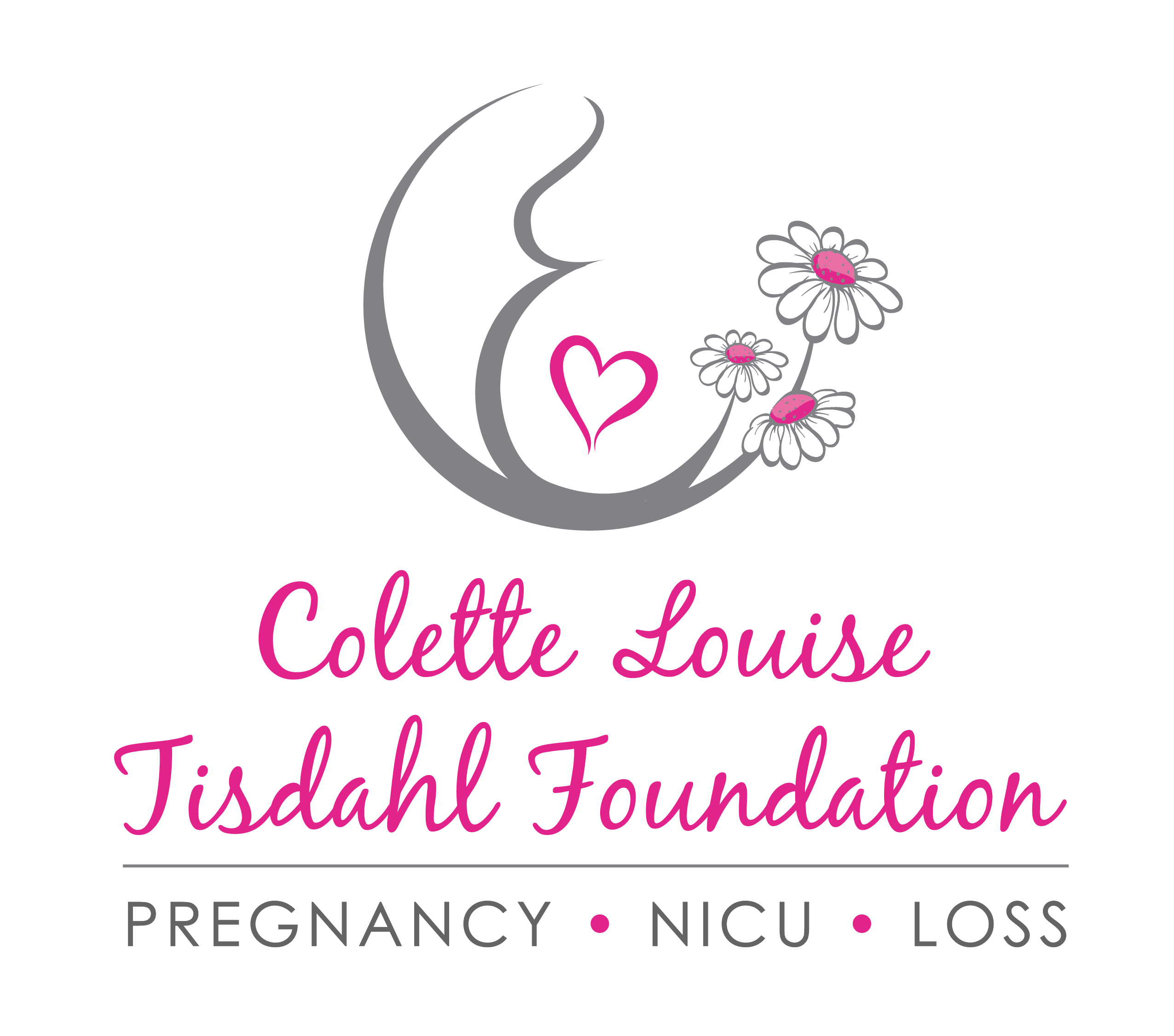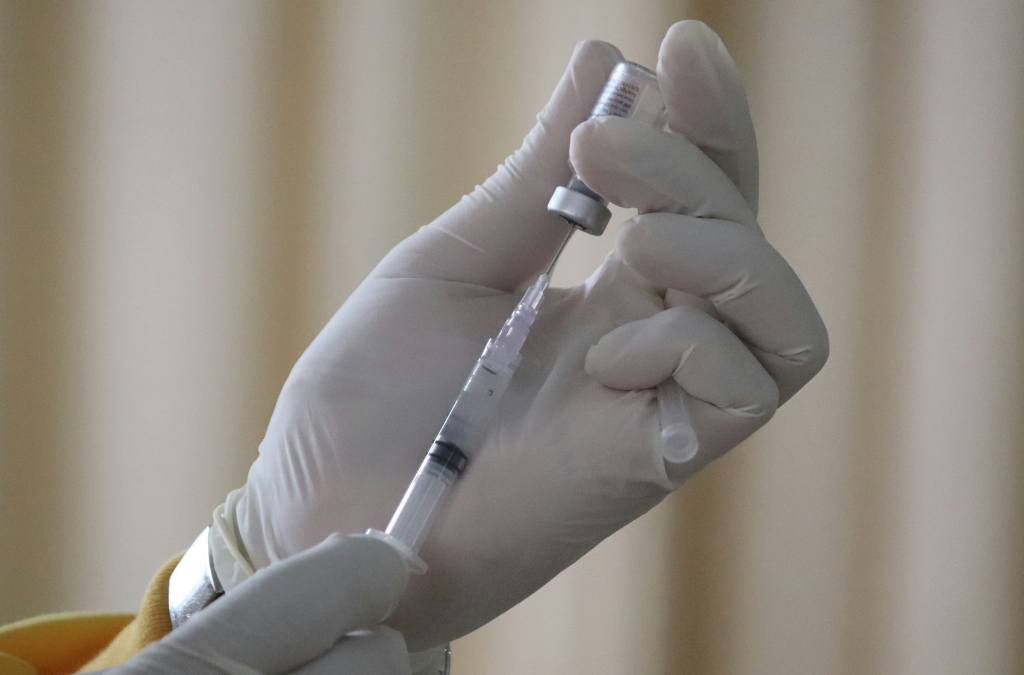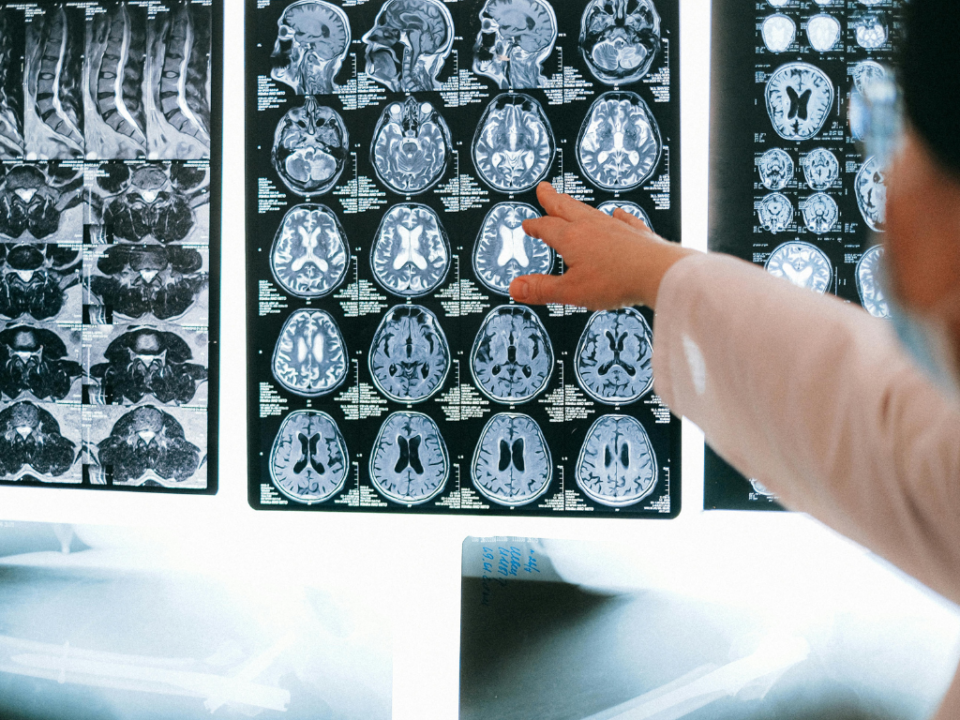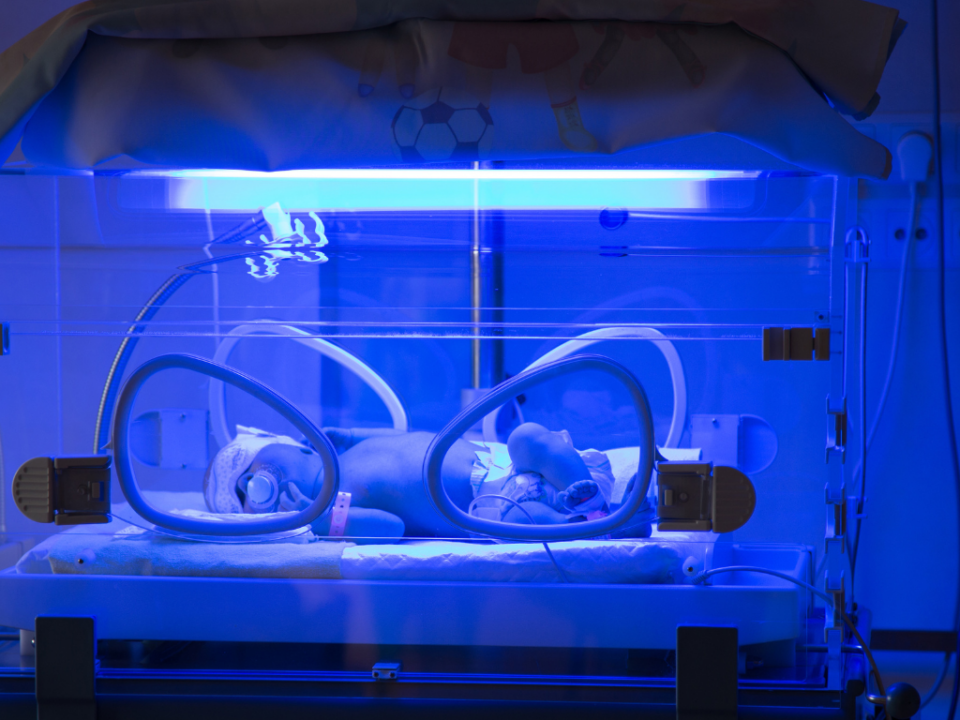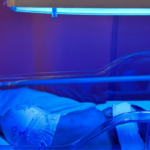
Sharon Rogone
March 18, 2025
Dr. Helen Brooke Taussig
March 19, 2025

Developed Vaccine to Fight Severe Disease
In 1989, Dr. Rachel Schneerson and her colleagues developed the first vaccine against Haemophilus influenza b (Hib), a bacteria that causes severe infection or meningitis, mostly occurring in babies and young children.
Prior to the vaccine’s use, Hib infected 20,000 U.S. children younger than age 5 each year; 5% died of those, and one-third were left with intellectual disability, deafness, or seizures. It was the leading cause of acquired intellectual disability in the United States.
With the vaccine available, rates of Hib infection dropped almost 91 percent by 1991. These rates continued to decrease once the vaccine became available for infants.
Schneerson formerly served as a senior investigator in the Laboratory in Developmental and Molecular Immunity and head of the Section on Bacterial Disease Pathogens and Immunity at the Eunice Kennedy Shriver National Institute of Child Health and Human Development within the National Institutes of Health.
Schneerson received the 1996 Albert Lasker Award for Clinical Medical Research and the Pasteur Award from the World Health Organization Children's Vaccine Initiative. In 1998, she received a Citation Award from the Infectious Diseases Society of America.
